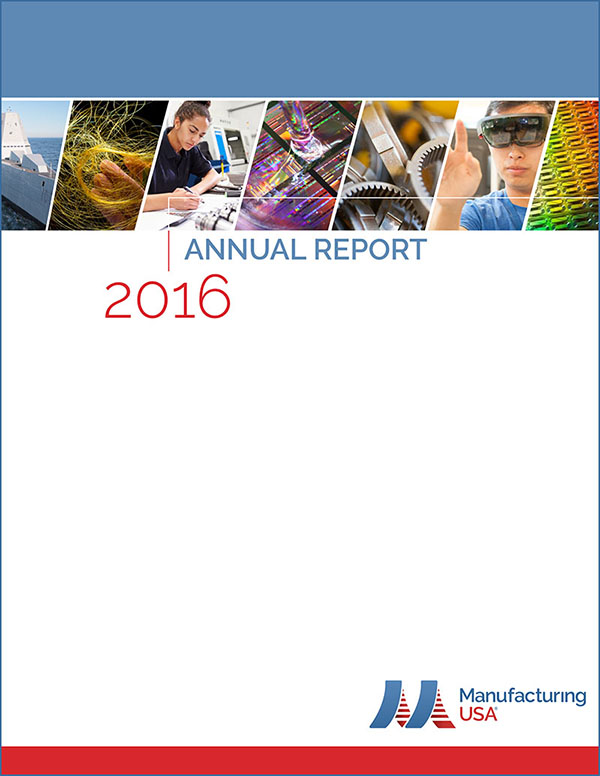Not all manufacturing businesses want or even need extensive (and expensive!) transformation programs. There are, however, still systemic problems that most leaders need to address such as: unachievable strategies, unclear priorities, misaligned processes and detrimental behaviors that are harming the overall business.
In this webinar, internationally recognized experts in organizational change, will introduce you to the “Leverage Points” transformation methodology. Developed and tested over the past 10 years, this process emerged from studying how successful organizations really evolve by implementing small, situation-specific changes to create focus, alignment, and an achievable plan for driving results.
Webinar participants will have the opportunity to learn and ask questions about:
- The hidden impact of non-value added and strategically-misaligned activities
- Why small, simple changes are often more effective at driving results than big, complex transformations
- How to use Leverage Points to uncover systemic problems, create simple, situation-specific solutions and implement with minimal disruption and stress
- Why socialization and experimentation are critical elements of lasting change
- How to determine if Leverage Points is right for your organization and where to start
Who should attend: CEOS / COOS / CXOS, General Managers, Sector Leaders / Function VPs / Directors / Leaders / Transformation & Continuous Improvement Leaders

Beau Keyte
Beau has specialized in improving corporate performance for three decades. He started in the 80’s working with manufacturing industries faced with global competition, then expanded to service and healthcare industries in the early 90’s, adapting accredited lean and continuous improvement process tools to new fields of practice. His main interest is now developing and teaching the kind of self-sufficient thinking that challenges work and management processes, improves organizational performance and alignment, and sustains culture change. Recent work has included developing ways for organizations to learn and adapt more quickly through collaborative learning efforts. In addition to assisting companies in implementing performance improvement and culture change strategies, he is aligned with research organizations focused on improving business operations. Beau is a faculty member and instructor for curriculums at the Lean Enterprise Institute and Ohio State University’s Fisher School of Business, and a Faculty Fellow at the Shingo Institute at Utah State University. Beau is a co-author of numerous journal articles and two award-winning books, The Complete Lean Enterprise (2nd Edition 2016); and Perfecting Patient Journeys (2012). Beau holds BSE and MBA degrees from the University of Michigan.
Brent Wahba
Brent began his innovation and continuous improvement career 30 years ago while working in R&D at General Motors and Delphi. While there, he led global systems businesses, product development organizations, operations and supply chain improvements, and an enterprise-wide combined strategic and lean transformation. For the past 10 years, he has coached and consulted with startup through Fortune 50 firms and become a leader in advancing lean thinking in Operations as well as Sales & Marketing, Strategy, and New Product Development. Dedicated to “improving improvement,” Brent is on the faculty of the Lean Enterprise Institute and regularly contributes leadership articles to The Lean Post. He is also the author of The Fluff Cycle, which outlines a systems problem solving approach for improving Sales & Marketing outcomes. Brent holds a BS in Electrical Engineering and an MBA from the University of Rochester, plus an MS in Materials Science & Engineering from the Rochester Institute of Technology. He is currently the president of Strategy Science Inc., and a volunteer startup mentor with SCORE.
Steve Melito
Steve Melito is a Matching and Reporting Specialist for FuzeHub. He provides regular reporting for the Matching Team and is also a frequent contributor to the FuzeHub blog. In addition to his duties for FuzeHub, Steve is founder and owner of Thunderbolt Business Services, a content marketing agency for manufacturers. His manufacturing-related experience includes technical writing and training for an industrial directory, an aircraft maintenance management system, and ERP system for the printing industry. Steve holds a Bachelor’s degree from Colgate University and a Master’s degree from Southern Methodist University.
Register
 Kenneth Hall, PLM Consultant, Siemens PLM Software
Kenneth Hall, PLM Consultant, Siemens PLM Software

